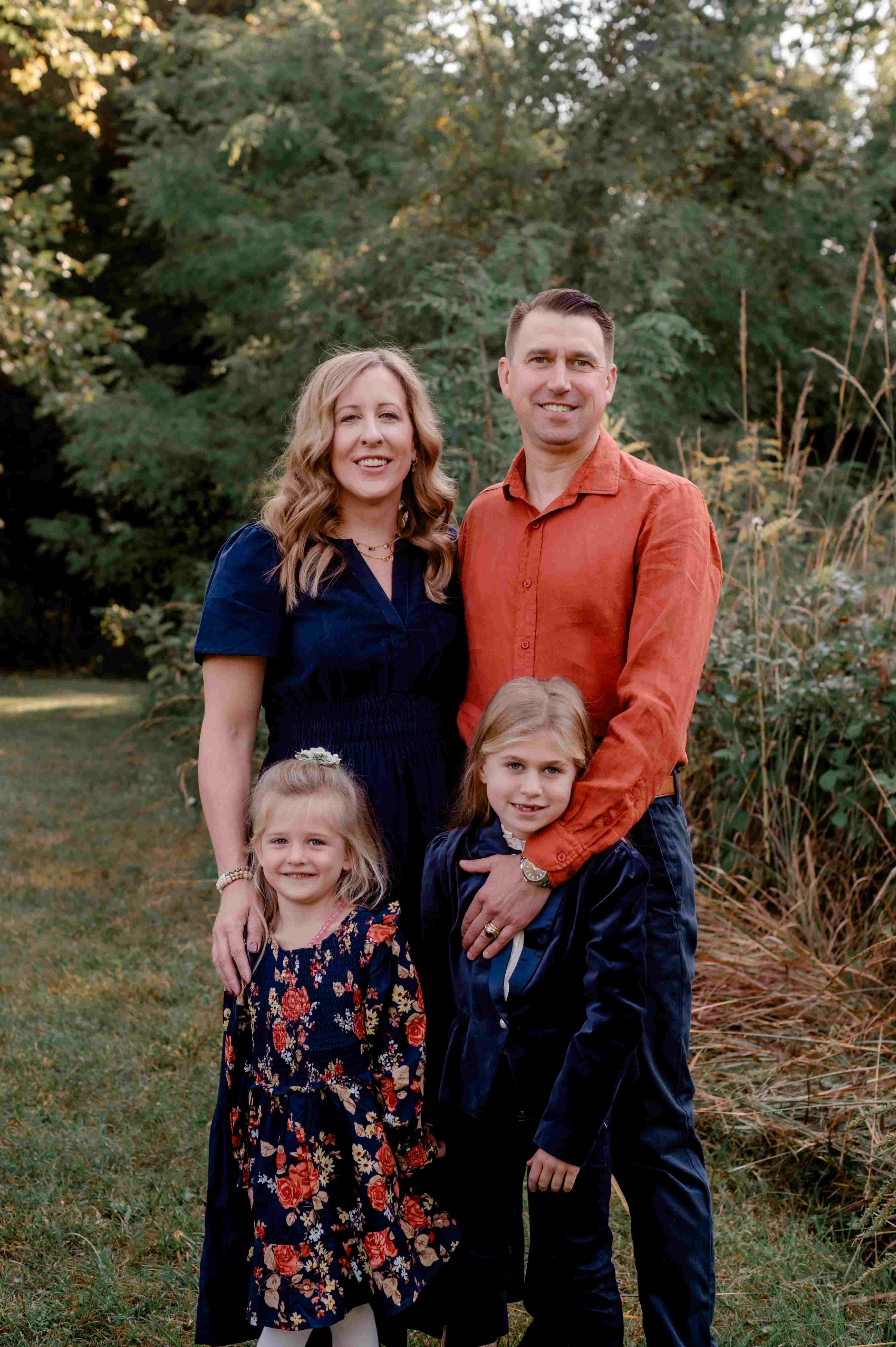Michelle Sakala, a 2023 graduate of George Washington University’s MSN in Adult-Gerontology Primary Care Nurse Practitioner program found a rewarding path making house calls as part of OnSite Medical Calls, where she’s part of a team of healthcare professionals that are board-certified nurse practitioners specializing in geriatrics, adult, and family medicine. Her journey to get there is marked by a commitment to patient care, resilience, and a passion for learning, and offers valuable insights for both current and future nursing students.
Sakala’s time in the AGNP program provided her with an in-depth understanding of the complexities of aging and the unique healthcare needs of older adults. "The rigorous curriculum emphasized evidence-based practice, critical thinking, and advanced clinical skills, all of which are integral to my role at OnSite Medical Calls," she shares. The program's focus on interprofessional collaboration taught her the importance of teamwork and communication in delivering holistic, patient-centered care.
One of the program’s standout features for Sakala was the hands-on clinical experience. These real-world interactions built her confidence and competence in managing a wide range of medical conditions, from chronic disease management to acute care, and gave her a foundation that has served her well as she meets people where they are and provides healthcare services in their homes.
Given the importance of her clinical experiences, it’s no surprise that a clinical rotation at a local nursing home remains one of Sakala's most memorable experiences from her time at GW. Working under the guidance of a seasoned nurse practitioner, she had the opportunity to manage the care of residents with complex medical needs. "This experience profoundly shaped my approach to patient care," Sakala recalls. "It reinforced the importance of empathy, patience, and truly listening to patients' stories."
This experience also taught her that providing high-quality care extends beyond addressing physical ailments. “It’s about understanding and respecting patients as individuals, a holistic approach that continues to guide my practice today,” she said.
As she continues her work at OnSite Medical Calls, Sakala finds tremendous satisfaction in providing healthcare through a model that allows her to deliver personalized care in the comfort of the patient’s home, offering a more in-depth understanding of their living conditions and how these can affect health outcomes.
"House calls foster stronger patient-provider relationships and often lead to higher patient satisfaction," she explains. “For elderly patients or those with mobility challenges, this approach significantly improves access to care and reduces the need for them to travel to healthcare facilities.” Sakala believes house calls have the potential to enhance overall quality of life for many patients, especially as nurses work to ensure greater health equity across patient populations.
Throughout her graduate studies and into her professional career, Sakala developed key strategies and habits that have contributed to her success. She emphasizes the importance of self-discipline and a strong work ethic, noting that balancing rigorous academic demands with clinical responsibilities required dedication and perseverance.
Navigating the challenges of the adult-gerontology graduate program required a combination of organization, determination, and a deep-rooted passion for nursing. For Sakala, effective time management was key to balancing the demands of coursework, clinical rotations, and personal life. "My advice to students is to stay organized and manage your time effectively," she says, emphasizing that a structured schedule can help reduce stress.
Effective communication skills, both verbal and written, have also been essential for coordinating care and educating patients and families. Additionally, Sakala underscores the importance of lifelong learning in a constantly evolving field like healthcare. “Staying current with research and best practices ensures the highest level of patient care,” she said.
Sakala also highlights the importance of building strong relationships. "Engage with your professors and peers," she advises. "Having a support network provides emotional and academic assistance, and can lead to lifelong professional connections. And remember to remain curious and open to learning.”
Reflecting on her time at GW Nursing, Sakala is grateful for both the challenges and the rewards. "The skills and knowledge I gained have been invaluable in my current role," she says. For incoming students, she offers this encouragement: "Embrace the journey with an open heart and a curious mind. The rewards of this noble profession are truly unparalleled."


